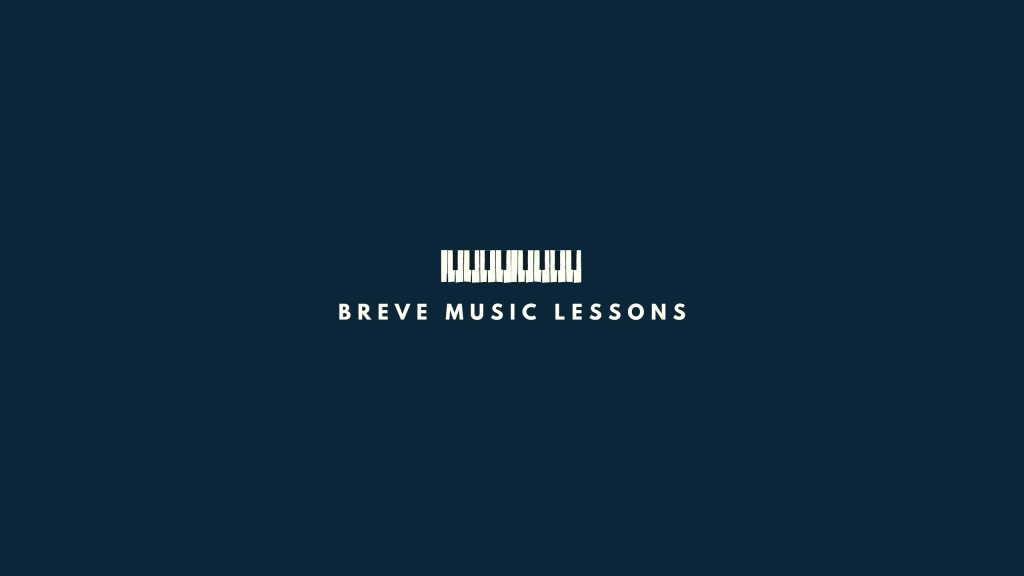Table of Contents
Best Music Theory Books Of All Time: Essential Learning Tools for Musicians
Music theory serves as the backbone of musical understanding, providing musicians with the essential tools to analyze, compose, and perform music effectively. Whether you are a beginner just starting your journey or an experienced musician looking to deepen your knowledge, the right music theory book can make all the difference. In this article, we will explore the best music theory books of all time, focusing on various aspects such as beginner resources, jazz theory, and comprehensive textbooks that cater to all levels of musicianship.

What Are the Best Music Theory Books for Beginners?
Top Recommendations for Beginner Music Theory Books
For those just embarking on their musical journey, selecting the best music theory books can be daunting. However, several standout titles have proven to be invaluable for beginners. One of the most recommended is “Essentials of Music Theory,” which provides a concise overview of the basics of music theory, including notation, scales, and chord progressions. Another excellent choice is “The Complete Musician,” which combines music theory with practical exercises, making it an ideal workbook for aspiring musicians. These theory books not only introduce fundamental concepts but also engage learners through interactive content, ensuring a solid foundation in musical theory.
How to Choose a Music Theory Book for Beginners
When selecting a music theory book for beginners, it is crucial to consider the book’s approach to teaching. Look for textbooks that break down complex concepts into manageable sections, allowing for gradual learning. Additionally, consider whether the book includes exercises and examples that relate to the music you enjoy. For instance, if you are a guitarist, a theory book that incorporates guitar-specific examples will be more beneficial. Furthermore, check for supplementary materials such as online resources or companion workbooks that can enhance your learning experience.
Key Concepts Covered in Beginner Music Theory Textbooks
Beginner music theory textbooks typically cover a range of essential concepts that form the foundation of musical understanding. Key topics include music notation, which teaches how to read music and understand time signatures; scales, which are crucial for melody and harmony; and chord progressions, which are fundamental in both composition and performance. Additionally, these books often introduce the basics of harmony and counterpoint, allowing beginners to grasp how different musical elements interact. By mastering these concepts, aspiring musicians can develop a well-rounded understanding of music theory that will serve them throughout their musical careers.
How Do Music Theory Books Help Musicians Improve?
The Role of Music Theory in Composition and Performance
Music theory plays a pivotal role in both composition and performance, acting as a guide for musicians to express their creativity effectively. Understanding the principles of harmony and melody allows composers to create compelling musical works that resonate with listeners. For performers, knowledge of music theory enhances their ability to interpret sheet music accurately, ensuring that they convey the intended emotions and nuances of a piece. By studying music theory through dedicated textbooks, musicians can refine their skills and elevate their performances to new heights.
Understanding Harmony and Melody Through Theory Books
Harmony and melody are two fundamental components of music that are intricately linked. Music theory books provide musicians with the tools to analyze and understand these elements deeply. For instance, learning about voice leading and chord progressions enables musicians to create more sophisticated compositions. Additionally, theory texts often include exercises that encourage students to experiment with different harmonic structures and melodic lines, fostering creativity and innovation. This understanding not only enhances a musician’s ability to compose but also enriches their performance, allowing them to interpret music with greater depth.
Benefits of Learning Music Theory for Guitarists and Pianists
For guitarists and pianists, learning music theory is particularly beneficial as it directly impacts their ability to play and compose music. Understanding scales and chord structures allows guitarists to improvise effectively, whether in a blues jam or a jazz setting. Similarly, pianists who grasp music theory can navigate complex compositions with ease, utilizing their knowledge of harmony and counterpoint to enhance their playing. Moreover, theory books tailored for these instruments often include practical exercises that reinforce theoretical concepts, making the learning process both engaging and applicable.
What Are the Best Music Theory Books for Jazz Musicians?
Essential Jazz Theory Books for Improvisation
Jazz musicians often seek specialized music theory books that cater to the unique aspects of jazz improvisation. One highly regarded title is “The Jazz Theory Book,” which covers essential concepts such as chord extensions, altered chords, and modal interchange. This comprehensive resource provides jazz musicians with the tools to navigate complex harmonic landscapes and develop their improvisational skills. Another excellent choice is “Jazz Composition and Orchestration,” which dives deeply into the intricacies of arranging and composing for jazz ensembles, making it a must-have for aspiring jazz composers.
Understanding Chord Progressions in Jazz Music
Chord progressions are a cornerstone of jazz music, and understanding them is crucial for any jazz musician. Theory books focused on jazz often explore common progressions, such as the ii-V-I progression, and how they function within the context of jazz harmony. By studying these progressions, musicians can learn to anticipate changes and develop their improvisational vocabulary. Additionally, many jazz theory texts provide exercises that encourage students to practice these progressions in various keys, reinforcing their understanding and application in real-world scenarios.
Recommended Textbooks for Jazz Harmony and Composition
For those interested in jazz harmony and composition, several textbooks stand out as essential resources. “Jazz Harmony” offers a thorough exploration of harmonic principles specific to jazz, including voice leading and chord substitutions. Another recommended title is “Composing Music: A New Approach,” which guides musicians through the process of creating original jazz compositions. These textbooks not only provide theoretical knowledge but also encourage practical application, allowing musicians to experiment with their own ideas and develop their unique voice within the jazz genre.
How to Read Music Using Music Theory Books?
Basics of Music Notation Explained in Theory Books
Reading music is a fundamental skill for any musician, and music theory books are invaluable in teaching the basics of music notation. These texts typically cover essential elements such as staff lines, note values, and time signatures, providing a comprehensive overview of how music is written and interpreted. By mastering these basics, beginners can confidently approach sheet music and begin their journey into the world of music. Many theory books also include visual aids and exercises that reinforce these concepts, making the learning process more engaging and effective.
Step-by-Step Guides to Reading Music for Beginners
Many music theory books offer step-by-step guides designed specifically for beginners learning to read music. These guides often break down the process into manageable sections, starting with simple melodies and gradually introducing more complex pieces. By providing clear explanations and practical exercises, these theory texts help beginners build their confidence and skills in reading music. Additionally, some books include accompanying audio resources, allowing learners to hear how the music should sound, further enhancing their understanding and retention of musical notation.
Advanced Techniques for Reading Complex Scores
As musicians progress in their studies, they may encounter more complex scores that require advanced reading techniques. Music theory books aimed at intermediate and advanced musicians often delve into topics such as transposition, reading in different clefs, and interpreting complex rhythms. These texts provide exercises that challenge musicians to develop their sight-reading skills and enhance their ability to tackle intricate compositions. By mastering these advanced techniques, musicians can expand their repertoire and confidently approach a wider range of musical works.
What Are the Most Comprehensive Music Theory Textbooks?
Comparing the Best Music Theory Textbooks for All Levels
When it comes to comprehensive music theory textbooks, several titles stand out for their depth and breadth of content. “Tonal Harmony” is often regarded as one of the best music theory books available, covering everything from the basics of music theory to advanced concepts such as counterpoint and harmonic analysis. Another excellent resource is “The Complete Musician,” which integrates music theory with ear training and composition, making it suitable for musicians at all levels. By comparing these textbooks, musicians can find the right fit for their learning style and goals.
Features of Comprehensive Music Theory Books
Comprehensive music theory books typically include a variety of features that enhance the learning experience. These may include clear explanations of theoretical concepts, numerous examples from classical and contemporary music, and practical exercises that reinforce learning. Additionally, many textbooks offer online resources, such as quizzes and interactive exercises, allowing students to test their knowledge and track their progress. By utilizing these features, musicians can gain a deeper understanding of music theory and apply their knowledge effectively in their musical endeavors.
How to Use Textbooks for Self-Study in Music Theory
Self-study in music theory can be incredibly rewarding, and utilizing textbooks effectively is key to success. Start by setting clear goals for your learning, whether it’s mastering the basics of music theory or delving into advanced concepts. Create a study schedule that allows for consistent practice and review of material. As you work through the textbook, take notes and complete exercises to reinforce your understanding. Additionally, consider supplementing your studies with online resources or joining a music theory course to enhance your learning experience. By approaching your studies with dedication and curiosity, you can unlock the full potential of music theory and its application in your musical journey.
Additional Reading
More blog posts can be found here. Consider following Breve Music Lessons on Facebook.
